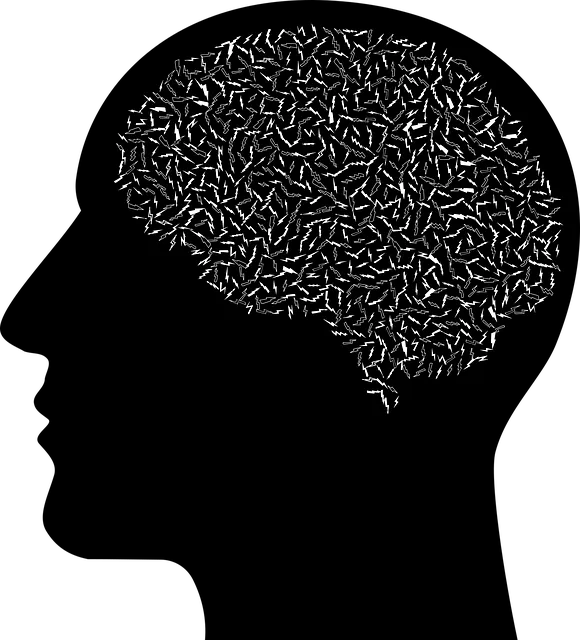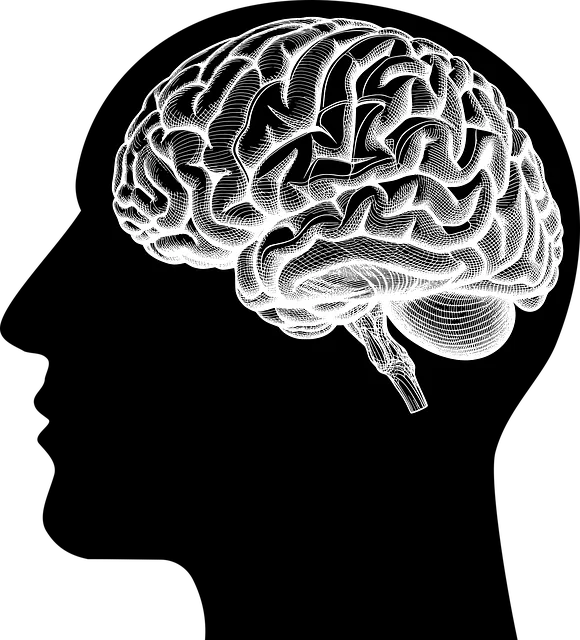Mental wellness self-assessment tools, guided by experts like Denver Kaiser from his mental health classes, equip individuals with strategies for emotional growth. These assessments cover stress management, coping mechanisms, and social connections, offering a holistic framework. By integrating Crisis Intervention Guidance, Social Skills Training, and Self-Care Practices, these tools track progress and facilitate tailored interventions. Denver Kaiser's classes create a supportive environment, teaching practical skills to manage emotions and reduce mental illness stigma. Effective self-assessments include validated psychological assessments, user-friendly interfaces, and actionable feedback, featuring exercises from Conflict Resolution to Mindfulness Meditation. Cultural sensitivity ensures inclusivity, and continuous refinement based on feedback and testing makes these tools valuable resources for public mental health awareness campaigns.
Mental wellness self-assessment tools play a crucial role in individual awareness and support. This article explores the development of such tools, focusing on the influence of Denver Kaiser mental health classes. We’ll delve into key components for effective assessments, including evidence-based practices, and discuss the importance of continuous improvement through testing and refinement. By integrating these strategies, we can enhance self-assessment accuracy, fostering better mental wellness outcomes. Learn how Denver Kaiser’s approach contributes to a comprehensive understanding of individual mental health needs.
- Understanding Mental Wellness Self-Assessment Tools
- The Role of Denver Kaiser Mental Health Classes
- Key Components for Effective Self-Assessment Tools
- Integrating Evidence-Based Practices
- Testing, Refining, and Continuous Improvement
Understanding Mental Wellness Self-Assessment Tools

Mental wellness self-assessment tools play a pivotal role in empowering individuals to take charge of their mental health and well-being. These tools, often designed with guidance from experts like Denver Kaiser in mental health classes, help users gain insights into various aspects of their emotional, psychological, and social lives. By assessing factors such as stress management, coping mechanisms, and social connections, these assessments serve as a starting point for personal growth and development.
The development of effective self-assessment tools involves incorporating strategies from Crisis Intervention Guidance, Social Skills Training, and Self-Care Practices. These approaches collectively contribute to creating comprehensive frameworks that support holistic mental wellness. Through regular use, individuals can track their progress, identify areas needing improvement, and implement tailored interventions to enhance their overall mental health and resilience.
The Role of Denver Kaiser Mental Health Classes

Denver Kaiser mental health classes play a pivotal role in promoting emotional well-being and reducing the stigma associated with mental illness. These classes are designed to provide individuals with practical tools and knowledge to enhance their emotional intelligence, enabling them to better understand and manage their own mental health. Through interactive sessions, participants learn effective coping strategies, stress management techniques, and resilience-building skills that contribute to improved overall mental wellness.
Moreover, Denver Kaiser’s approach prioritizes creating a safe and non-judgmental space where individuals can openly discuss their experiences, fostering a sense of community and support. These classes not only empower individuals to take charge of their emotional health but also encourage peer-to-peer learning and solidarity in the mental illness stigma reduction efforts. By integrating Emotional Intelligence into the curriculum, Denver Kaiser equips participants with the ability to recognize and manage their emotions, thereby promoting better emotional well-being for all involved.
Key Components for Effective Self-Assessment Tools

Effective self-assessment tools for mental wellness must be comprehensive and tailored to individual needs. Key components include validated psychological assessments that cover a broad spectrum of mental health indicators, such as anxiety, depression, stress management, and resilience. These tools should also integrate user-friendly interfaces and clear, actionable feedback mechanisms to enhance understanding and promote personal growth.
Additionally, successful self-assessment platforms often incorporate features like confidence-boosting exercises, mindfulness techniques, and risk management planning strategies, as popularized in Denver Kaiser’s mental health classes. They may also facilitate connection to Mental Wellness Coaching Programs Development for deeper support. Such tools are designed not only to evaluate but also to empower users, making them essential resources for both individuals seeking self-improvement and Mental Health Professionals aiming to offer holistic care through Risk Management Planning.
Integrating Evidence-Based Practices

Integrating evidence-based practices is a cornerstone in developing effective mental wellness self-assessment tools. Drawing from renowned sources like Denver Kaiser’s mental health classes, these tools leverage scientific research to provide accurate and reliable assessments. Techniques such as Conflict Resolution Techniques and Emotional Healing Processes are incorporated to help individuals understand and manage their emotional states more effectively.
Cultural sensitivity in mental healthcare practice is also a key consideration. By incorporating insights from diverse communities, self-assessment tools become inclusive and tailored to the unique needs of different populations. This ensures that everyone can benefit from these resources, promoting mental wellness across various cultural backgrounds.
Testing, Refining, and Continuous Improvement

The development of a robust mental wellness self-assessment tool involves an iterative process of testing, refining, and continuous improvement. After an initial draft is created, it’s crucial to gather feedback from various stakeholders, including professionals in Denver Kaiser mental health classes and individuals who represent the diverse user base. This feedback loop allows for adjustments based on real-world applications, ensuring the tool resonates with users and effectively supports their mental health journeys.
Regular testing should include pilot studies and beta testing phases, where the tool is trialed by a select group to identify any potential issues or areas of improvement. Incorporating features like Mood Management and Mindfulness Meditation practices in the assessment can enhance its versatility and appeal to those seeking holistic wellness solutions. Over time, through ongoing refinement based on user feedback and performance data, the self-assessment tool can evolve into an invaluable resource for mental health awareness, contributing significantly to Public Awareness Campaigns Development.
Mental wellness self-assessment tools play a pivotal role in empowering individuals to take charge of their mental well-being. By incorporating evidence-based practices like those taught in Denver Kaiser mental health classes, these tools can effectively identify and address common mental health concerns. Through continuous testing, refinement, and integration of the latest research, we can ensure that self-assessment tools remain accurate, reliable, and beneficial for all users.






